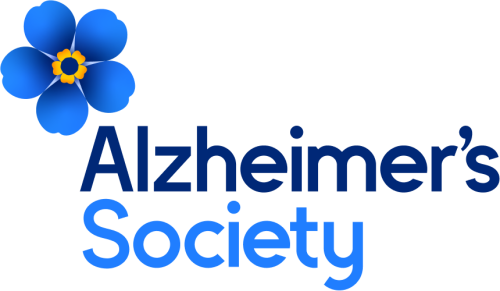Champion Joanna Valentine, who works at the National Museum of the Royal Navy, says running virtual Sessions has enabled her to spread the word further and wider than ever before! Here, she tells us how virtual Sessions have broadened her horizons, and helped staff create a comfortable and welcoming environment for people living with dementia, as they prepare for reopening.
“We want to create the best experiences for our visitors at our museum attractions, so, as part of preparing for re-opening and to make the most of an unusually quiet time due to the government closures we decided to offer colleagues the opportunity to attend the live stream Dementia Friends Sessions.
The Museum is spread across sites around the country, so by running the Sessions virtually it allowed 19 colleagues and volunteers across Portsmouth, Yeovilton and Devonport to participate in the same Session! This was brilliant as we would logistically never have been able to run a face-to-face Session in all these locations before, as we didn’t have the resources or enough Champions!”
Jo says that a huge highlight of going virtual has been getting to make connections with people she hasn’t spoken to before: “I spoke to people I wouldn’t have crossed paths with at the organisation if it wasn’t for the Sessions.”
So, why are the Sessions so important for Staff at the museum? Jo says the Sessions allow people to think more about the visitor experience, and what could be done to make this more comfortable for people living with dementia. “Staff are able to think about visitors’ experiences on entering our Historic ships and planes in a whole new light. They often have to ask a lot of questions at the point of selling a ticket and will be mindful that this may be frustrating for some people, they’ll also make considered choices for entrance rugs and flooring not to make it patterned or plain black so that it could be perceived as a hole.”
HMS Victory. Image copyright 'National Museum of the Royal Navy'
Of course, joining Dementia Friends has also had a personal impact on many attending the Sessions: “Some colleagues also had family members who had dementia and wanted some more understanding about their loved one. They fed back that it had made them think of new ways to communicate with their loved one in a way that they hoped would be more successful. Another colleague of mine also now wants to become a Champion!”
Check out Jo’s top tips for delivering Sessions virtually:
Consider different ways of working
“Sometimes people are accessing the Session from their phone or can’t type quickly enough for the chat box function to be used successfully - you can see this by doing a test at the beginning. In this case it might mean that for that group you may ask people to come off mute and verbally respond instead. Or, for the True and False answers, you can ask people to write their answers on a piece of paper and show it to the screen.”
Have your notes close by
“I print my notes out and have them placed next to the camera so that no one else can see it. I make a joke to the group that I look a bit like a newsreader which normally gets a chuckle! We are all learning how to use this new technology and everyone us very forgiving because of that so don’t worry if it doesn’t go to plan.”
Consider group size
“Keeping the group to a small number of 5 or 6 also allows for more of the natural conversation, the type that you would get in a face-to-face Session. Though due to the chat function, larger Sessions are still very interactive!”
And finally, Jo’s top tip?
“Have fun, smile and be kind to yourself, it gets easier each time you run them.”


